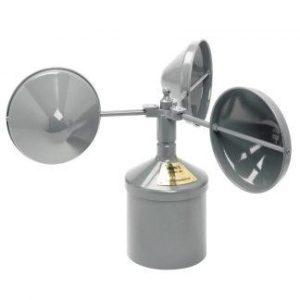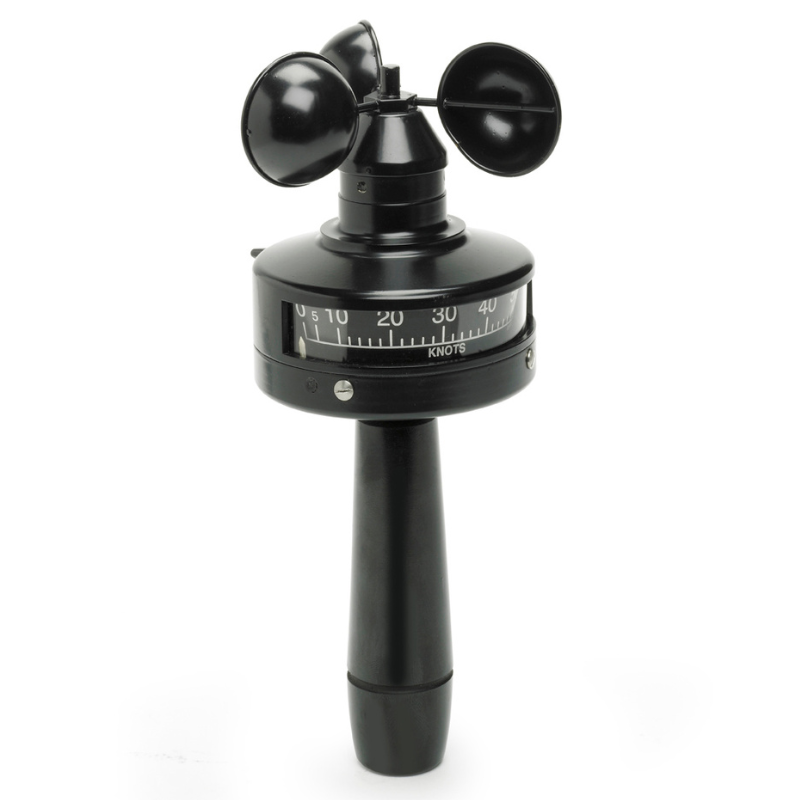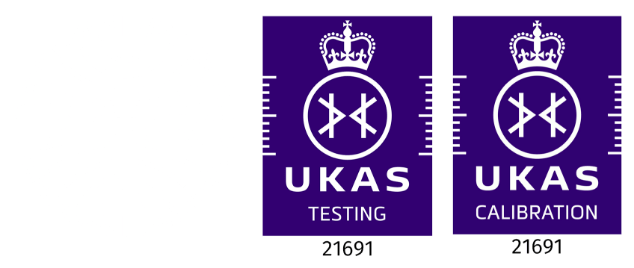Weather impacts numerous aspects of our daily lives, from planning outdoor activities to making crucial business decisions. In today’s fast-paced world, having access to accurate and reliable weather information is essential for individuals and organizations alike. This article delves into the realm of professional weather stations, exploring their components, benefits, reliability, and factors to consider when choosing one.
What are weather stations?
Weather stations are instruments designed to measure various atmospheric conditions such as temperature, humidity, pressure, wind speed, and precipitation.
Weather stations are important in providing real-time weather data, which is crucial for forecasting weather patterns, agricultural planning, aviation, marine navigation, and industrial operations.
Components of Professional Weather Stations
Professional weather stations consist of several key components, including advanced sensors, data collection systems, and user-friendly display units.
Sensors
Professional weather stations are equipped with high-quality sensors that accurately measure temperature, humidity, barometric pressure, wind speed, wind direction, and precipitation.
Data collection systems
These systems collect data from the sensors and transmit it to a central processing unit for analysis and storage.
Display units
Professional weather stations feature intuitive display units that present weather data in a clear and easy-to-understand format, allowing users to make informed decisions based on the information provided.
Reliability and Accuracy
Professional weather stations are renowned for their reliability and accuracy, thanks to meticulous calibration, quality materials, and robust construction.
Calibration
Calibration is a critical process that ensures the accuracy of weather station measurements. Professional-grade weather stations undergo rigorous calibration procedures to maintain precision over time.
Quality of materials
Professional weather stations are constructed using durable materials that withstand harsh environmental conditions, ensuring long-term reliability and performance.
Durability
Built to withstand extreme temperatures, high winds, and heavy rainfall, professional weather stations are designed for continuous operation in challenging environments.
Benefits of Using Professional Weather Stations
The use of professional weather stations offers a myriad of benefits across various industries and applications.
Accurate forecasts
Professional weather stations provide accurate and timely weather forecasts, enabling individuals and organizations to plan and prepare for upcoming weather events effectively.
Agricultural applications
In agriculture, professional weather stations help farmers make informed decisions regarding irrigation, planting, and pest management based on weather data and forecasts.
Industrial applications
Industries such as construction, energy, transportation, and telecommunications rely on professional weather stations to mitigate risks, optimize operations, and ensure worker safety in hazardous weather conditions.
Factors to Consider When Choosing a Weather Station
When selecting a professional weather station, several factors should be taken into consideration to ensure it meets specific requirements and preferences.
Accuracy requirements
The level of accuracy required for weather measurements dictates the type and specification of the weather station needed for a particular application.
Ease of installation and use
User-friendly weather stations with straightforward installation procedures and intuitive interfaces are preferred for seamless operation and maintenance.
Industrial-grade weather stations
Industrial-grade weather stations are ruggedized systems built to withstand harsh industrial environments, delivering reliable weather data for critical operations and safety applications.
CONTACT US







